News
08. May 2020, Topic: Aquatic Ecotoxicology , Sediment Ecotoxicology , Soil Ecotoxicology , Risk Assessment
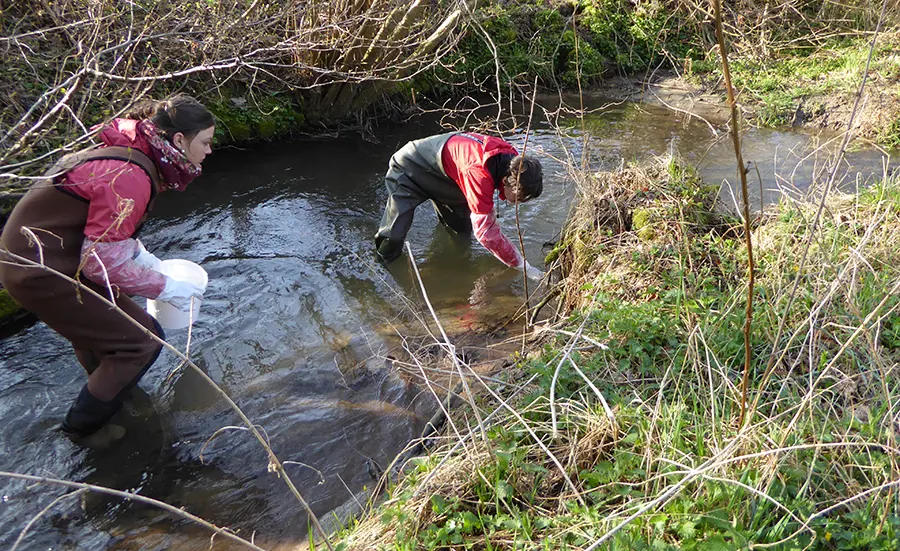
Fungicidal azoles cause concern
In Switzerland, these substances are detected in most samples from water, sediment, soil and organisms. However, a lack of toxicity data for many azoles makes it difficult to assess the risk they pose.
Read more23. April 2020, Topic: Aquatic Ecotoxicology , Risk Assessment
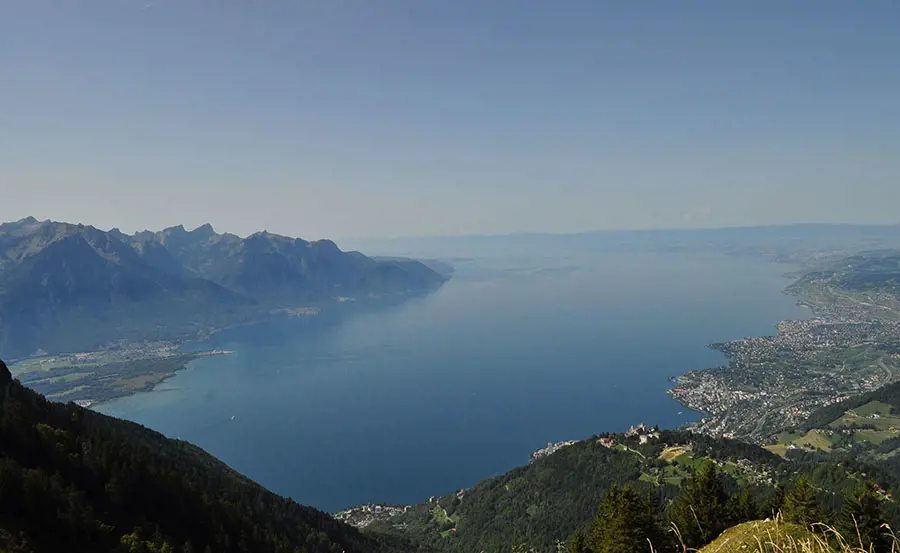
Effect-based limits come into force - milestone for a long-term project
With the amendment to the Water Protection Ordinance of 1 April 2020, an important goal was achieved: For 19 pesticides and three pharmaceuticals, the quality criteria developed by the Ecotox Centre now apply as limit values for surface waters.
Read more17. March 2020, Topic: Aquatic Ecotoxicology , Soil Ecotoxicology , Sediment Ecotoxicology , Risk Assessment
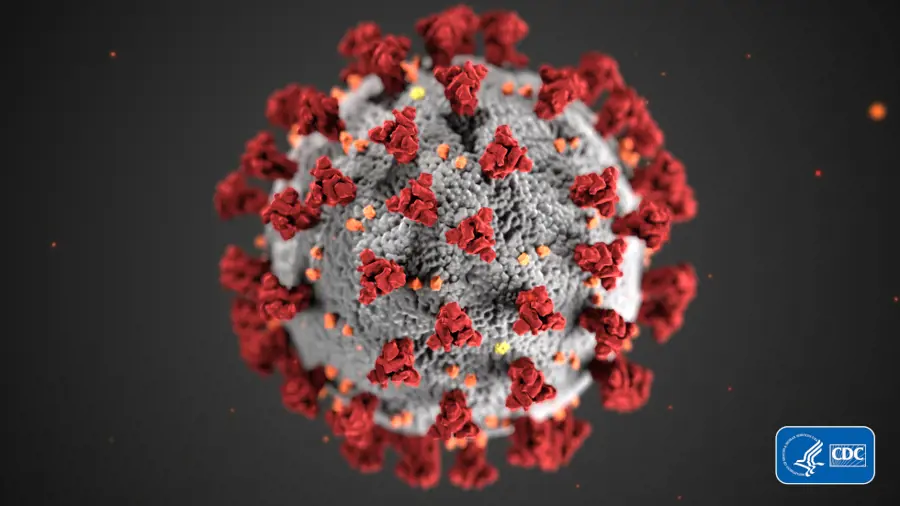
COVID-19 Information
Due to the current situation regarding the coronavirus / COVID-19, all Ecotox Centre offices and labs are closed starting 17 March 2020. Employees work from home and can be contacted via e-mail.
Read more22. November 2019, Topic: Aquatic Ecotoxicology , Soil Ecotoxicology , Sediment Ecotoxicology , Risk Assessment
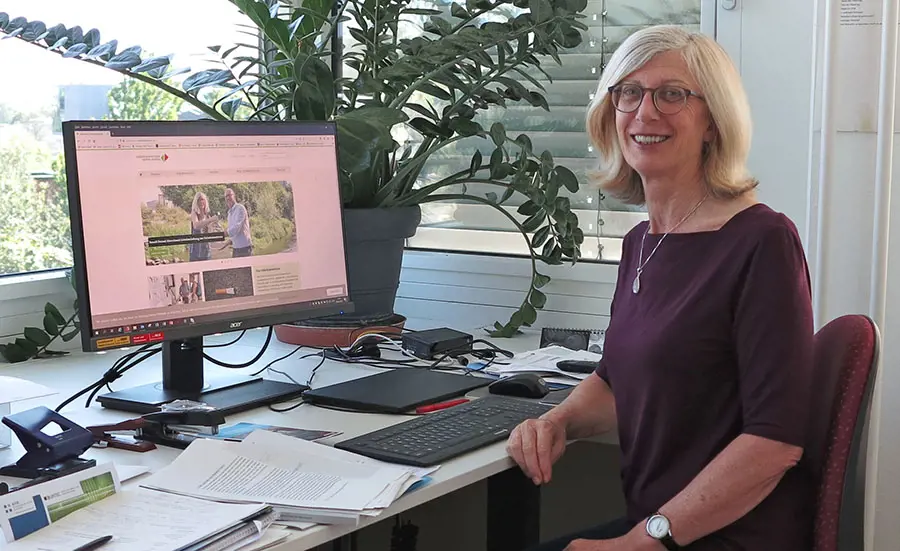
"Ecotoxicology will continue to gain in importance" - in conversation with Inge Werner
The longtime former head of the Ecotox Centre, Inge Werner, handed over management to Benoit Ferrari on 1 September. Here she reflects on the past and future of practical ecotoxicology in Switzerland.
Read more22. November 2019, Topic: Aquatic Ecotoxicology
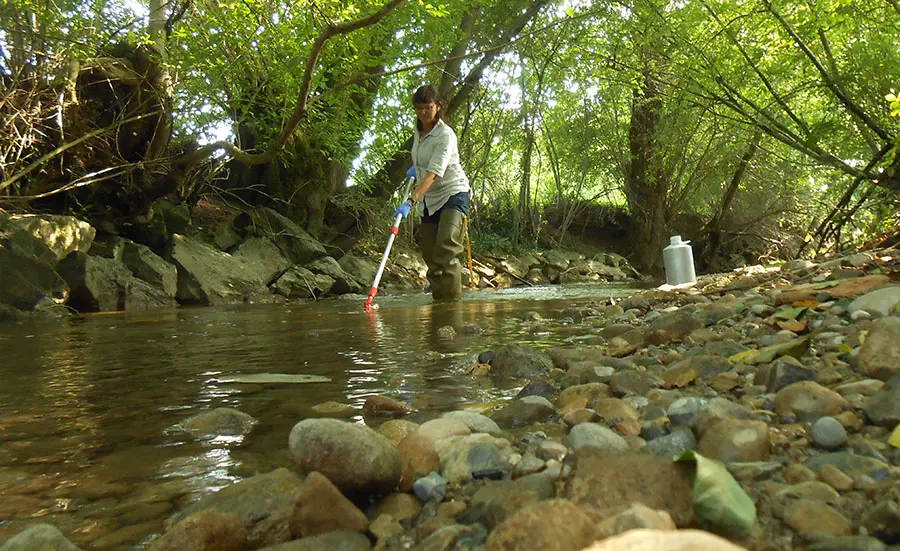
Few estrogens in Europe's rivers
Studies with biotests have shown it: Most European watercourses do not contain estrogenic substances in critical concentrations. Switzerland has also participated in the huge monitoring project initiated by the Ecotox Centre. All Swiss samples were harmless.
Read more21. November 2019, Topic: Aquatic Ecotoxicology , Sediment Ecotoxicology , Risk Assessment
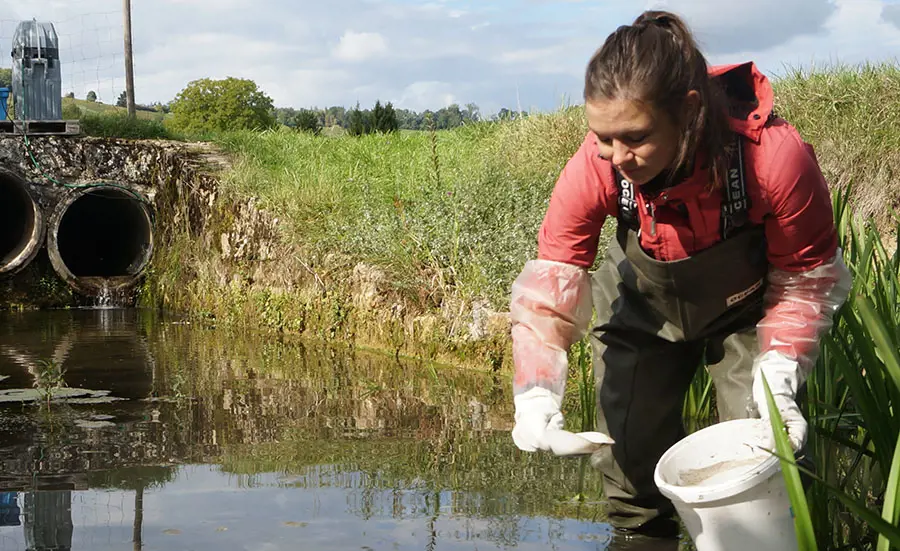
Ecotoxicological effects of pesticides in stream sediments
Pesticides in sediments cause adverse effects on benthic organisms. This was shown by a monitoring study conducted by the Ecotox Centre and Eawag on five streams in agricultural areas. Crustaceans were particularly affected. Concentrations of several insecticides, including chlorpyrifos and the pyrethroid cypermethrin, exceeded effect thresholds, indicating impaired sediment quality.
Read more19. November 2019, Topic: Aquatic Ecotoxicology , Sediment Ecotoxicology , Risk Assessment
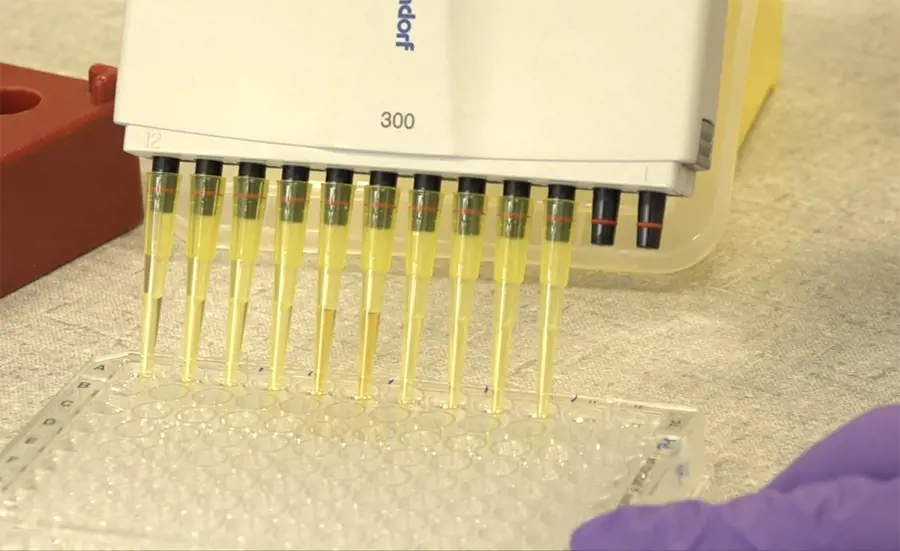
Video tutorial on the L-YES
A video tutorial shows the preparation and execution of the yeast estrogen screen with lyticase for the detection of estrogenic substances.
Read more04. November 2019, Topic: Aquatic Ecotoxicology , Risk Assessment , Sediment Ecotoxicology
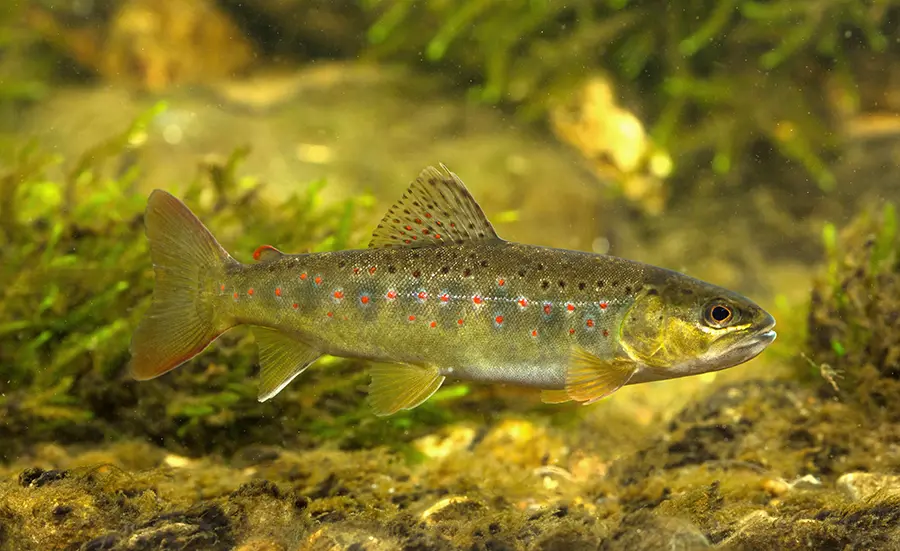
How do plant production products affect Swiss fish?
Pesticides detected in Swiss streams pose a risk to the fish living there. Harmful effects on the fish, particularly through sublethal and indirect effects, are possible in the measured concentrations.
Read more04. November 2019, Topic: Aquatic Ecotoxicology , Risk Assessment
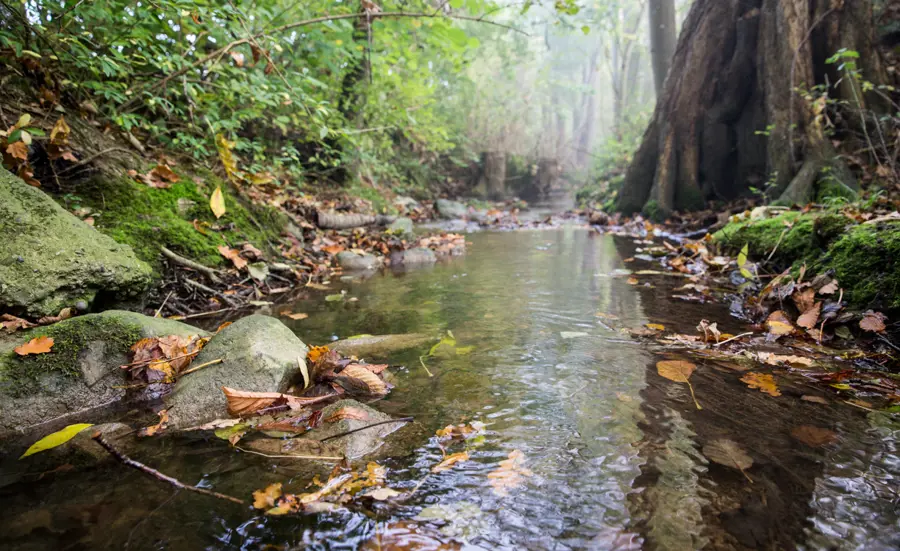
Homing in on pyrethroids
The measurement of trace concentrations of pyrethroid and organophosphate insecticides – now possible thanks to a newly developed analytical method – shows that these compounds can pose a greater threat to aquatic organisms than all other pesticides.
Read more17. September 2019, Topic: Aquatic Ecotoxicology , Soil Ecotoxicology , Sediment Ecotoxicology , Risk Assessment
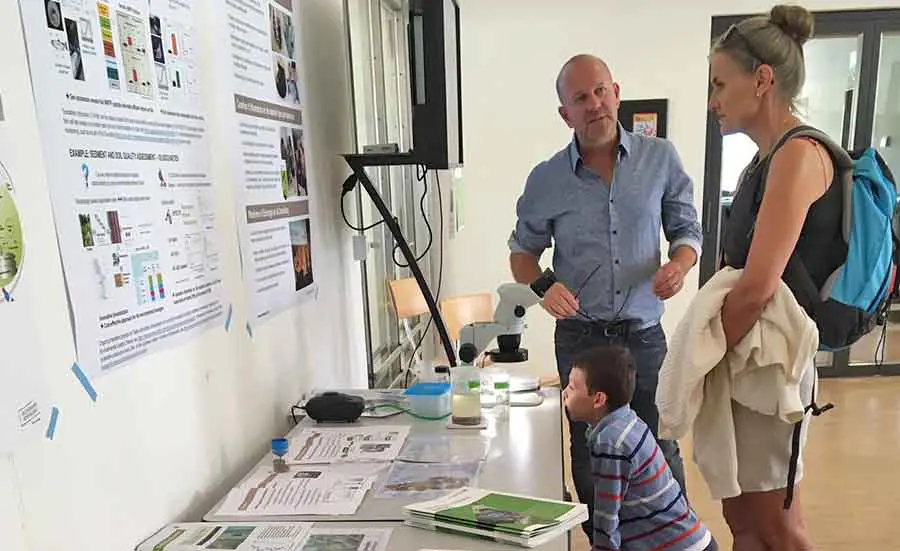
Ecotox Centre at EPFL anniversary
At the Ecotox Centre's stand visitors learned how springtails and other creepy crawlies measure environmental pollutants.
Read more